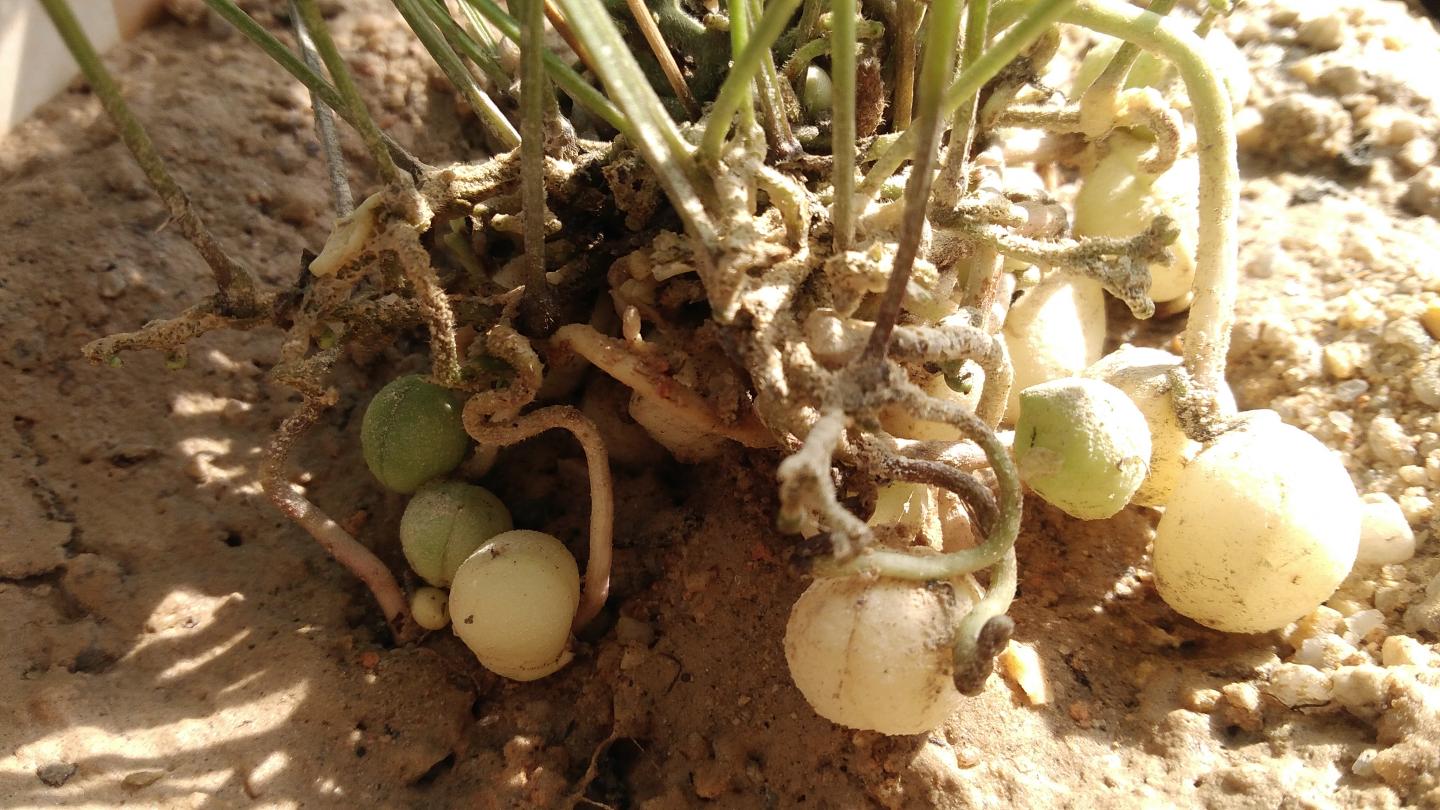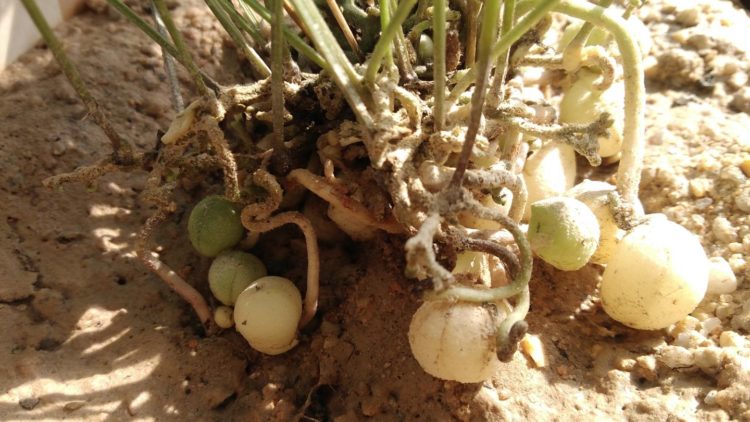
Credit: University of Nottingham
The first UK consumer study on the use of Bambara Groundnut as an ingredient in products has shown that sharing information on its sustainable features increased consumers’ positive emotional connection to food.
Researchers from the University of Nottingham’s School of Biosciences tested Biscotti and crackers made with Bambara groundnut against standard commercial products. The study published in Food Research International showed that the main driver for accepting this new ingredient was how people felt when given information about its sustainability credentials.
Alternative crops
With current global challenges such as population growth, climate change and water scarcity, it is critical to develop strategies to achieve food security. The University of Nottingham’s Future Food Beacon of Excellence and Malaysia campus along with Crops for the Future research projects have been investigating ways to tackle this by researching alternative crops that are resistant to climate change.
They have discovered that Bambara Groundnut found in Africa puts limited demands on soil and is capable of growing in nutrient poor soils where most crops would not thrive. Bambara is high in carbohydrate and protein and is gluten free so could offer an alternative to rice and wheat flour.
100 participants were invited to the University of Nottingham’s Sensory Science Centre to undertake two tasting sessions of biscotti and crackers – two commercial products and two with Bambara flour. For each sample participants were asked to rate their overall liking and emotional response based on sensory properties of the product. The first tasting was done ‘blind’ with a red light masking the appearance of the products. The participants were then invited back for a second session where they were informed about global resource challenges and the sustainable features of Bambara and told which products contained this ingredient.
Dr Qian Yang, Assistant Professor in Sensory and Consumer Sciences at the University of Nottingham led the research and explains what they found: “Under the blind condition, no significant differences in overall liking were observed between standard and Bambara products, suggesting UK consumers accept the sensory properties of products containing Bambara flour. This indicates as long as the products taste good consumers engage with the new sustainable crops. Interestingly, after being given the information about climate and sustainability issues we saw a shift towards more positive emotions towards the Bambara product and people felt guiltier when eating standard products.”
Tim Foster Professor in Food Structure added: “This study gives an important insight into how emotional response could be used as a way to encourage consumers to eat more sustainable products. Our participants’ positive reactions to the information they were given about the sustainable credentials of the products suggest this type of information could help with promotion when a new product is brought to market.”
###
Media Contact
Jane Icke
[email protected]
01-159-515-751
Original Source
https:/
Related Journal Article
http://dx.





